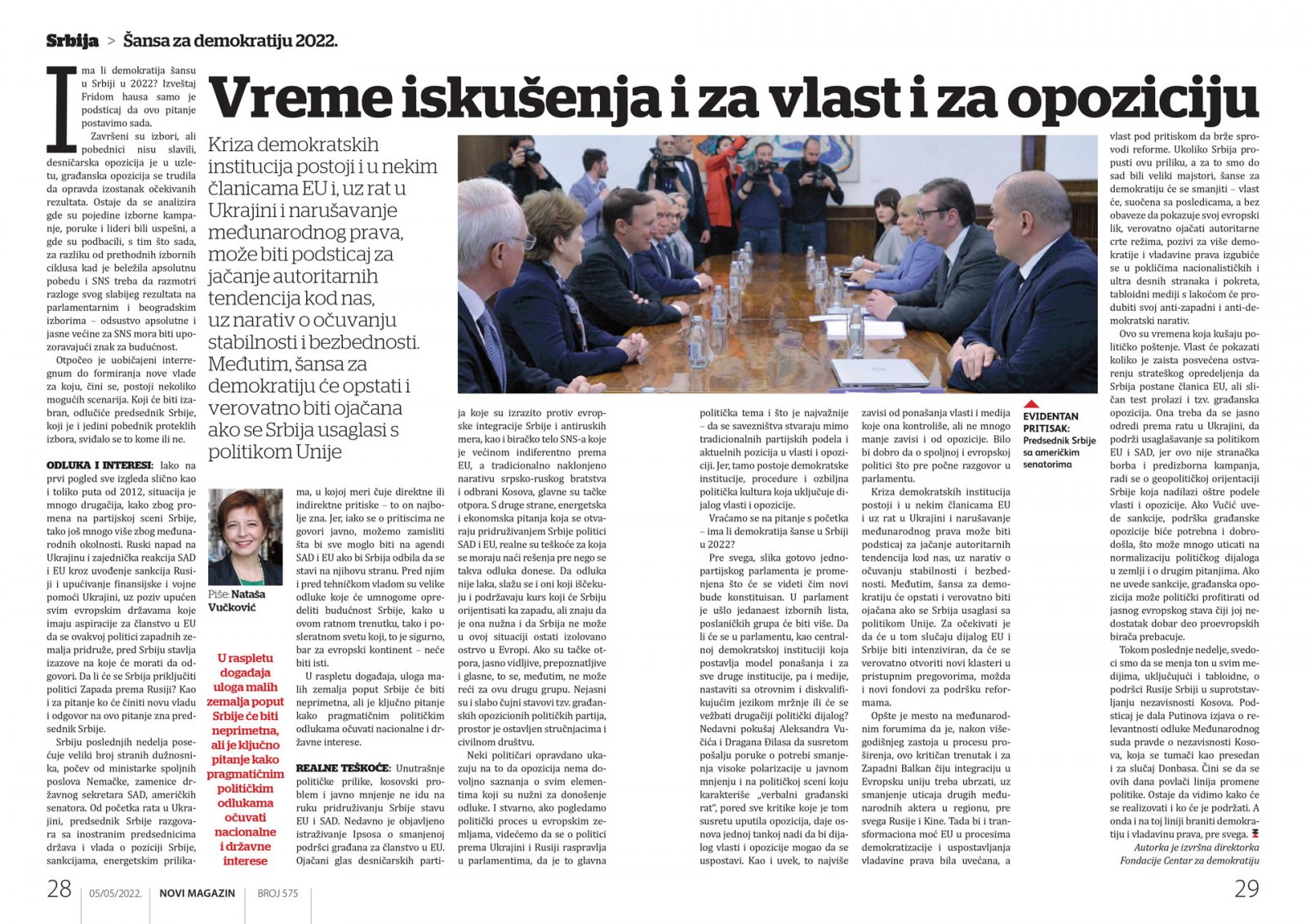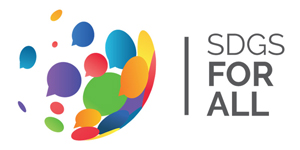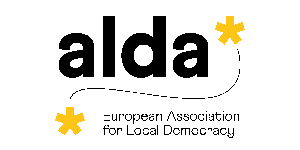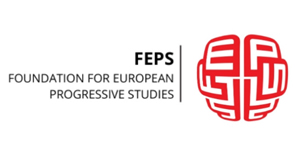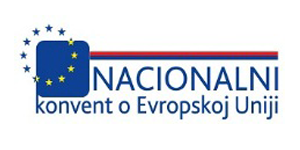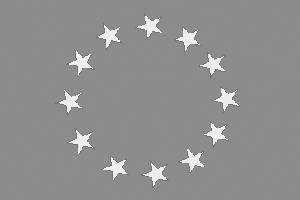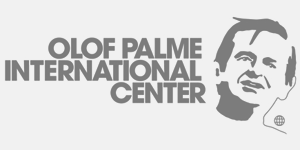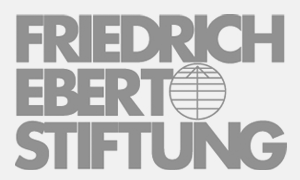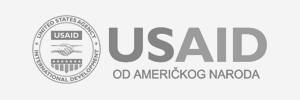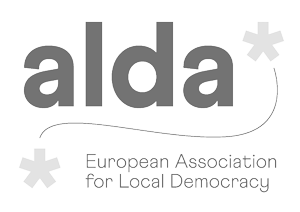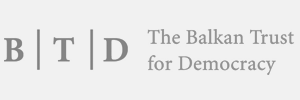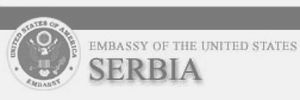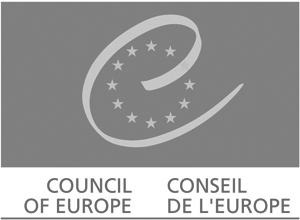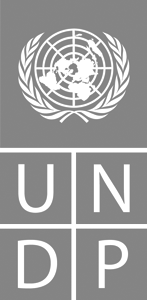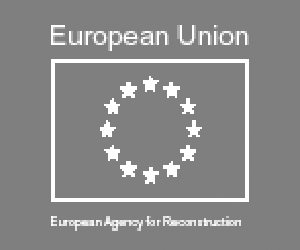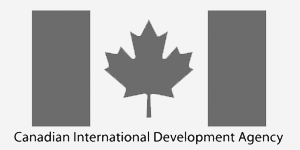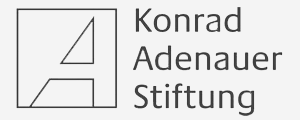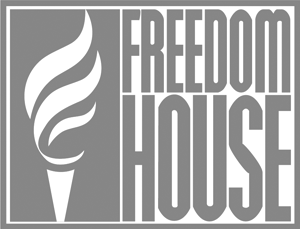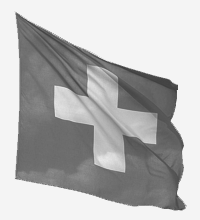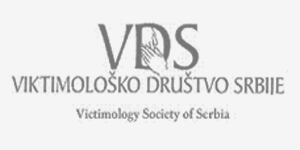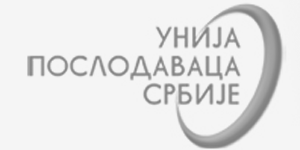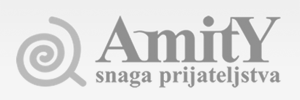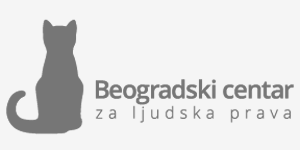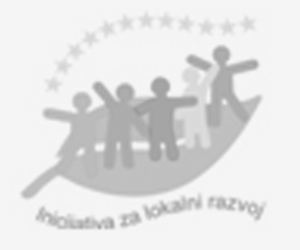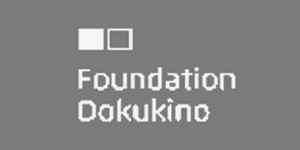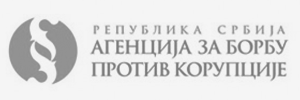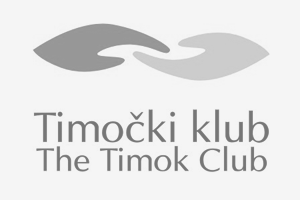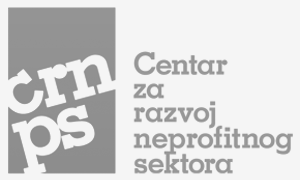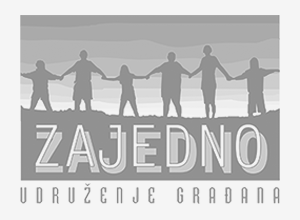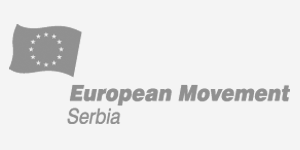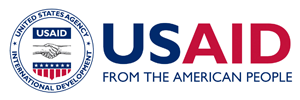Times of Temptation for Both the Government and the Opposition, Alike
Nataša Vučković, author of the text for Novi Magazin weekly newsmagazine
Giving Democracy a Chance in 2022
Democratic institutions in certain EU member states are also under crises. The war in Ukraine and the violation of international law may be an incentive to strengthen authoritarian tendencies in our country, along with a narrative that will serve to preserve stability and security. However, the chance for democracy will survive and probably be strengthened if Serbia harmonises its policy with the Union. It is to be expected that in this case, dialogue between the EU and Serbia will intensify, new clusters in accession negotiations will most likely be opened, and new funds to support reforms will be allocated
Does democracy stand a chance in Serbia in 2022? The Report issued by Freedom House serves as incentive for us to ask this exact question, at this exact time. The elections are over, but the winners have yet to savour their victory. The right-wing opposition has gained momentum and the civil opposition has tried to justify the lack of results. What remains is to analyse where the individual election campaigns, their messages and their leadership was successful, and where they dropped the ball. In that, differing from previous election cycles when they were by far the favourites, SNS should also consider the reasons for the drop in favour in both the parliamentary and Belgrade elections – the total lack of an absolute and unambiguous majority for SNS must serve as a warning for the future. This began with your average interregnum from the formation of the new government for which there are a few possible scenarios, it seems. Which one will be chosen, is to be decided upon by the president of Serbia, who is the only winner of the previous elections, like it or not.
DECISIONS AND INTERESTS: Although, at first glance, everything looks as it did in 2012, the situation today is drastically different. This is both due to Serbia’s political party scene, and is much more the consequence of international circumstances. Russia’s attack on Ukraine and the mutual reactions of the US and EU to introduce sanctions on Russia, the provision of financial and military aid to Ukraine, along with their mutual appeal to all European countries aspiring to EU membership, to side with the West in terms of this policy, all places a challenge before Serbia, which will, at some point, have to respond. Will Serbia side with the West’s political stance toward Russia? And, in terms of the issue of who will make up the new government and the response to this issue, only our president is currently ‘in the know’.
Over the past few weeks, Serbia has been visited by a large number of foreign officials, starting with the German Minister of Foreign Affairs, the US Deputy Secretary of State, as well as a number of American senators. Since the war in Ukraine started, the president of Serbia has spoken with foreign representatives of states and governments concerning Serbia’s position, sanctions, energy opportunities, and to what extent he actually hears the direct or indirect pressures being applied – he knows best. Because, despite the fact that these pressures are hidden from the public, imagine what all may be contained in the US and EU agendas if Serbia refuses to join their forces. The EU/US and the technical government have huge decisions to make. Decisions that will have a vast impact on the direction Serbia’s future heads in, both now, during this current war, as well as in the post-war world. A world which, without a doubt, will be a completely different place, at least where the European continent is concerned.
As this complex web of events continues to unfold, the roles of smaller countries like Serbia will go unnoticed, but the key question is: How do we make pragmatic political decisions that will maintain our national and state interests?
REALISTIC ISSUES/CONCERNS: Internal political opportunities, the issues concerning Kosovo and public opinion are not advantageous to Serbia’s going along with the EU/US stance. Recently, an Ipsos survey was published which indicated that the support of the citizenry relative to EU membership has declined. The voice of right-wing parties, which have recently gained in strength, are vehemently against EU integration and the implementation of anti-Russian measures. Then there is the SNS electorate, which is mostly indifferent to the EU and traditionally favours the Serbian-Russian brotherhood and the defence of Kosovo. These are the main points of resistance. On the other hand, energy and economic issues which have the potential to unfold with Serbia’s joining US and EU policies are realistic difficulties for which solutions must be sought and found, before this kind of decision can be made. That the decision is a hard one to make, is undeniable, even to those who expect and support Serbia orienting itself toward the West; however, these forces also understand that Serbia cannot remain impartial or ‘an isolated island’ in Europe concerning this issue. The points of resistance are plain as day, recognisable and loud. This however, cannot be said for the opposing group. The opinions of the so-called civilian opposition parties are unclear and barely audible, leaving room for the experts and civil society.
Certain politicians have pointed out, rightly so, that the opposition is not knowledgeable enough when it comes to all the elements necessary for decision-making. And realistically, if we examine political processes in European countries, we see that policies towards Ukraine and Russia are being discussed in parliament. This is currently the ‘hottest’ political topic and more importantly, alliances are being created beyond traditional party divisions and current government and opposition positions. This is because in the EU, democratic institutions exist as do procedures as well as a serious political culture which includes open dialogue among government and opposition.
We return to our initial question - Does democracy stand a chance in Serbia in 2022?
First and foremost, the image of a practically one-party parliament has changed, which will be evident as soon as a new one is constituted. Eleven electoral lists entered parliament, and there will be even more parliamentary groups. Will the parliament, as the central democratic institution that sets the model of behaviour for all other institutions, including the media, continue practicing poisonous and disqualifying hate speech? Or, will different political dialogue be practiced in future? Recent attempts made by Aleksandar Vučić and Dragan Đilas to send a message concerning the need to reduce high polarisation in public opinion and on the political scene, has been characterised as a "verbal civil war”. And, in addition to all the criticism of the opposition to this interaction, there is a gleam of hope that a dialogue between the Government and opposition may possibly be established. As always, this depends mostly on the way the Government, and the media it controls, choose to act. But it also depends, to a somewhat lesser degree, on the actions of the opposition. It would be a good thing if foreign and European policies began to be discussed in parliament, asap.
Democratic institutions in certain EU member states are also under crises. The war in Ukraine and the violation of international law may be an incentive to strengthen authoritarian tendencies in our country, along with a narrative that will serve to preserve stability and security. However, the chance for democracy will survive and probably be strengthened if Serbia harmonises its policy with the Union. It is to be expected that in this case, dialogue between the EU and Serbia will intensify, new clusters in accession negotiations will most likely be opened, and new funds to support reforms will be allocated.
It is reasonable that, in international forums, after several years of stagnation in the enlargement process, we are now entering a critical moment for the Western Balkans. Integration into the European Union should be accelerated and the influence of other international actors in the region reduced, primarily Russian and Chinese. Then, the transformational power of the EU in democratisation processes and establishing rule of law would increase and, under pressure, the Government would be quick to implement reforms. If Serbia misses out on this opportunity (and we have been experts at missing out on such opportunities thus far) chances for democracy will decline. The Government, faced with consequences, and lacking the obligation to show its European ‘face’, will probably strengthen the authoritarian traits of the current regime. Calls for increased democracy and rule of law will be lost in the cries of nationalist and ultra-right wing parties and movements. Finally, tabloid media will find it easy to further push their anti-Western, anti-democratic narrative.
We are living in times that test political integrity. The Government will demonstrate just how dedicated it really is to achieving Serbian commitment to becoming an EU member. The so-called civil opposition is also currently undergoing a similar test. The Government must declare a clear stance concerning the war in Ukraine, to support harmonisation with EU and US policy, as this is not a battle between political parties nor a pre-election campaign but rather, a question of Serbia’s geopolitical orientation, which supersedes the sharp divisions among the Government and the opposition. If Vučić introduces sanctions, support of the civil opposition will be both a necessity and welcome, which may have a great impact on normalising political dialogue in the country, as well as on other issues. If he fails to introduce sanctions, the civil opposition may profit politically from the lack of a clear European stance, for which a good portion of pro-European voters blame this opposition.
Last week we witnessed a change of tone in all media outlets, including the tabloids, concerning Russian support for Serbia in opposing Kosovo's independence. Also giving impetus was Putin's statement on the relevance of the International Court of Justice’s decision on the independence of Kosovo, interpreted as a precedent for the case of Donbas. It seems these days that the lines for a change in policy are being drawn. We are left to see how this will unfold and who will support it. And then, most importantly, democracy and rule of law is to be defended along this line.
Nataša Vučković, Secretary General, Center for Democracy Foundation
Source: Novi magazin
PUBLICATIONS
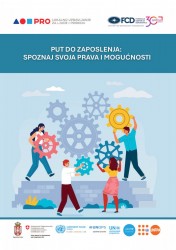 Manual “The Path to Employment: Get to Know Your Rights and Opportunities”
Manual “The Path to Employment: Get to Know Your Rights and Opportunities”
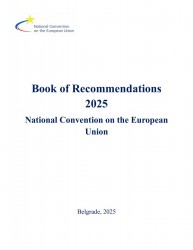 NCEU Book of Recommendations 2025
NCEU Book of Recommendations 2025
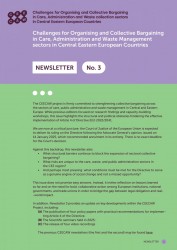 Challenges for Organising and Collective Bargaining in Care, Administration and Waste collection sectors in Central Eastern European Countries
Challenges for Organising and Collective Bargaining in Care, Administration and Waste collection sectors in Central Eastern European Countries
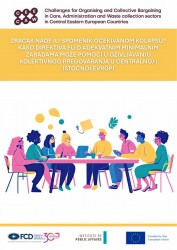 Public Policy Proposals – Collective Bargaining (CEECAW)
Public Policy Proposals – Collective Bargaining (CEECAW)
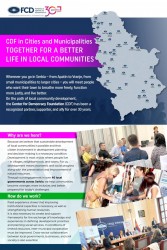 CDF in Cities and Municipalities: Together for a Better Life in Local Communities
CDF in Cities and Municipalities: Together for a Better Life in Local Communities
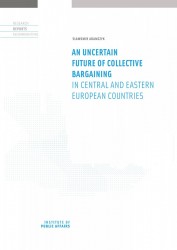 Comparative reports on collective bargaining - CEECAW
Comparative reports on collective bargaining - CEECAW
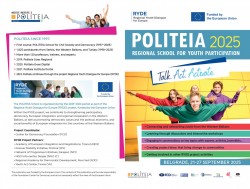 POLITEIA – Regional School for Youth Participation 2025 (leaflet)
POLITEIA – Regional School for Youth Participation 2025 (leaflet)
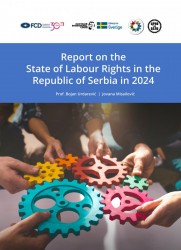 Report on the State of Labour Rights in the Republic of Serbia in 2024
Report on the State of Labour Rights in the Republic of Serbia in 2024
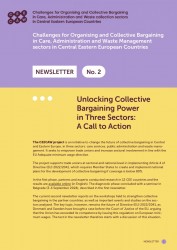 Unlocking Collective Bargaining Power in Three Sectors: A Call to Action
Unlocking Collective Bargaining Power in Three Sectors: A Call to Action
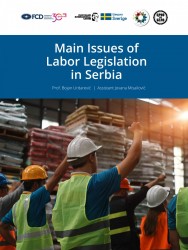 Main Issues of Labor Legislation in Serbia
Main Issues of Labor Legislation in Serbia
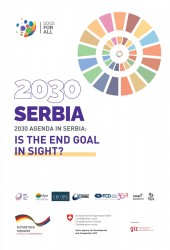 New Monitoring Report by the “SDGs for All” Platform: Is the End Goal in Sight?
New Monitoring Report by the “SDGs for All” Platform: Is the End Goal in Sight?
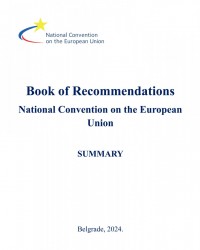 NCEU Book of Recommendations 2024 (Summary)
NCEU Book of Recommendations 2024 (Summary)
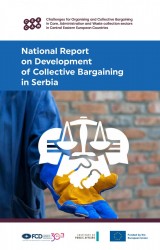 National reports on collective bargaining in Serbia - CEECAW
National reports on collective bargaining in Serbia - CEECAW
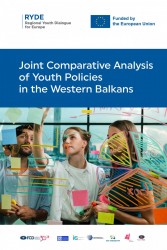 The Comparative Analysis of Youth Policies in the Western Balkans (WB)
The Comparative Analysis of Youth Policies in the Western Balkans (WB)
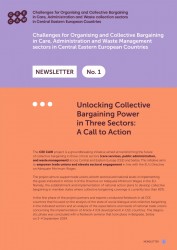 Unlocking Collective Bargaining Power in Three Sectors: A Call to Action
Unlocking Collective Bargaining Power in Three Sectors: A Call to Action
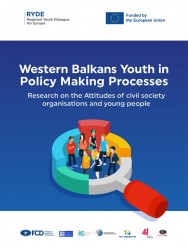 Western Balkans Youth in Policy Making Processes
Western Balkans Youth in Policy Making Processes
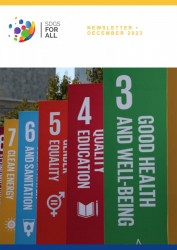 SDGs for All Platform newsletter (December 2023)
SDGs for All Platform newsletter (December 2023)
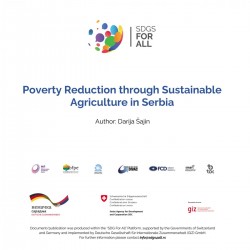 Analysis: Poverty Reduction Through Sustainable Agriculture in Serbia (with Summary)
Analysis: Poverty Reduction Through Sustainable Agriculture in Serbia (with Summary)


